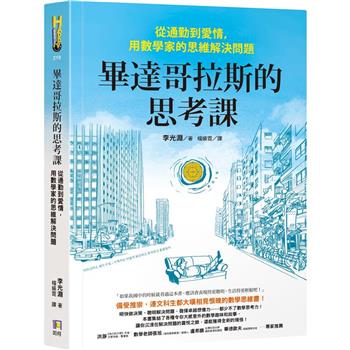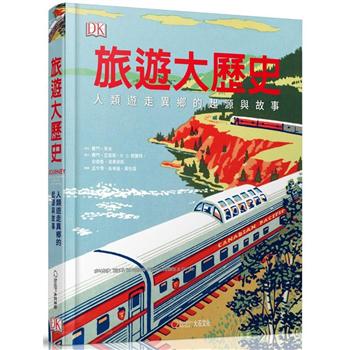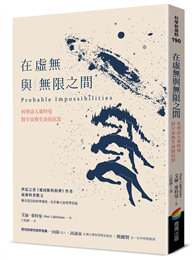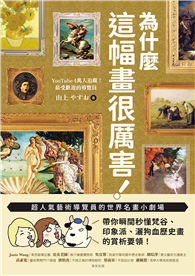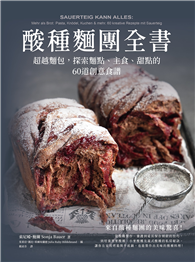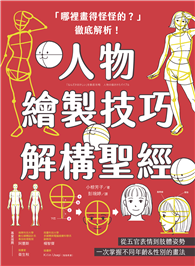| FindBook |
有 1 項符合
The Signifying Eye: Seeing Faulkner’s Art的圖書 |
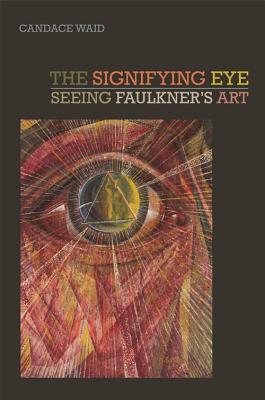 |
The Signifying Eye: Seeing Faulkner’s Art 作者:Waid,Candace 出版社:Univ of Georgia Pr 出版日期:2013-05-01 語言:英文 規格:精裝 / 17.1 x 24.8 x 3.2 cm / 普通級 |
| 圖書館借閱 |
| 國家圖書館 | 全國圖書書目資訊網 | 國立公共資訊圖書館 | 電子書服務平台 | MetaCat 跨館整合查詢 |
| 臺北市立圖書館 | 新北市立圖書館 | 基隆市公共圖書館 | 桃園市立圖書館 | 新竹縣公共圖書館 |
| 苗栗縣立圖書館 | 臺中市立圖書館 | 彰化縣公共圖書館 | 南投縣文化局 | 雲林縣公共圖書館 |
| 嘉義縣圖書館 | 臺南市立圖書館 | 高雄市立圖書館 | 屏東縣公共圖書館 | 宜蘭縣公共圖書館 |
| 花蓮縣文化局 | 臺東縣文化處 |
|
|
圖書介紹 - 資料來源:博客來 評分:
圖書名稱:The Signifying Eye: Seeing Faulkner’s Art
內容簡介
'Waid presents a major new reading of Faulkner, his art, and his literary genealogy. Her goal is 'to both reinscribe Faulkner in a tradition and to address the complex art found in his self-conscious riddles and signifying excesses.' She begins by relocating his work within an American literary mainstream long dominated by women writers and writers of color. She then turns to the full spectrum of Faulkner's work in its relation to art and the artist: from the plethora of images connoting the crisis of creation and procreation to his use of pictorial forms, patterns of words, and word-shaped blank spaces to his intense engagement with abstract art, especially the paintings of Whistler and de Kooning. Waid argues that Faulkner had a pivotal influence on the origins of abstract expressionism and that his influence is seen most notably in the work of Willem de Kooning'--
|

